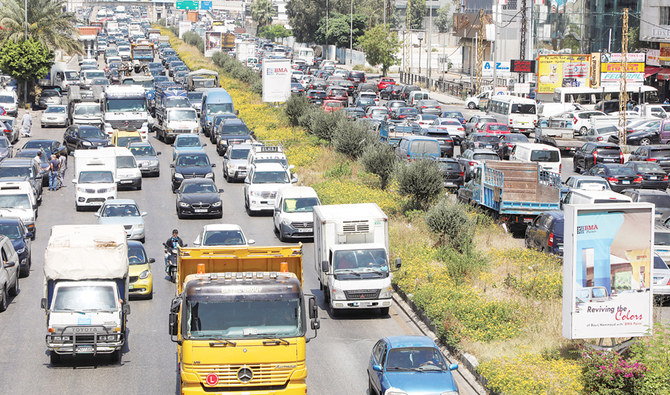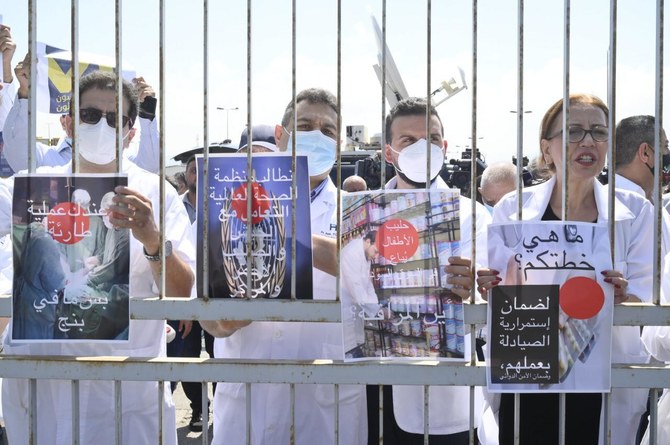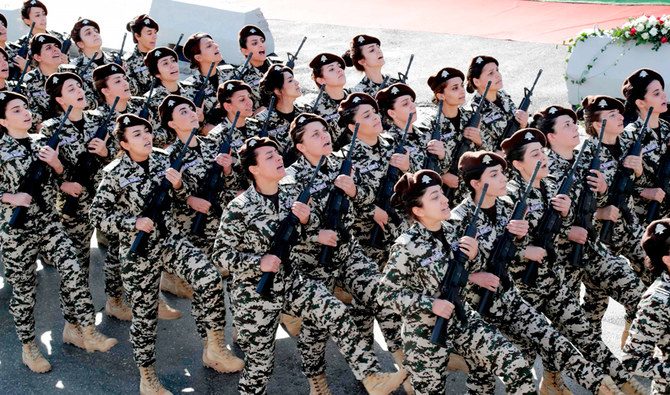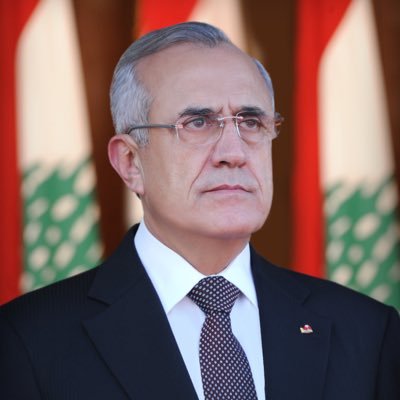
by news.un.org — “The explosion at the Beirut port has accelerated a lot of things, that’s for sure”, said Deputy Special Coordinator Najat Rochdi, who is also UN Resident and Humanitarian Coordinator for Lebanon, speaking to reporters at the UN in Geneva, referring to the deadly blast last August that killed around 200 and devastated the city. She said necessary political reforms had not been carried out “on time”, despite widespread warnings over the looming economic and financial crisis, that “a lot of analysts had already predicted…We’re not talking about something that takes us by surprise today. I think everyone knew about it”. Between April 2019 and April this year, the consumer Price Index has increased by more than 208 per cent and the price of food and beverages increased by 670 per cent. As a result, over half of the Lebanese population is now living in poverty.
Public services wrecked “The crisis in the economy, the currency devaluation, as well as the governance vacuum has meant a breakdown of public services at a time when they are most needed”, said Ms. Rochdi. She added that “the pandemic has worsened a situation which was already fragile”. The Deputy Special Coordinator said international confidence had been hit by the failure to form a functioning government, deterring investors, and exacerbating the failure of the banking system and other public institutions. Extreme poverty rose threefold during the past two years. More and more Lebanese households are unable to afford basic services like food, health, electricity, water, internet, and child education. “The country is in the middle of a phase of hyperinflation, eroding the value of the national currency, people’s purchasing power and what remains of their trust in their leaders and institutions”, said Ms. Rochdi.









